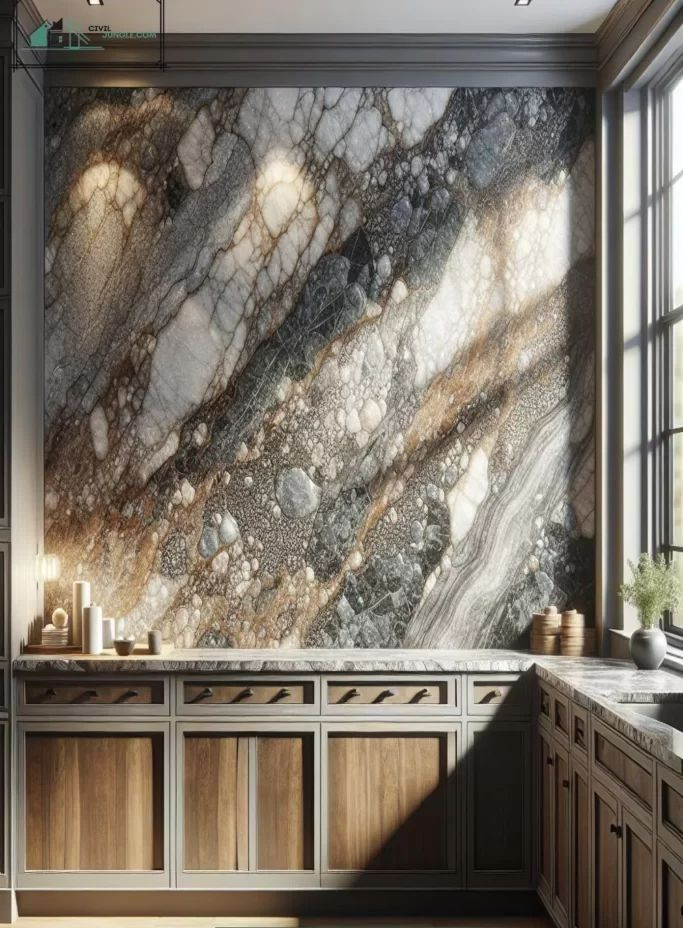Stone Cold Facts
What You Need to Know About Natural Countertops

Marble countertops have long been a symbol of luxury, elegance, and timeless beauty — but they also come with their own set of quirks. If you’re a homeowner or designer working with marble or other natural stone surfaces, it’s important to understand how to care for them properly so they stay stunning for years to come.
Understanding Marble and Its Unique Personality
Marble is a soft, porous stone, naturally prone to scratching, staining, and etching (those dull spots caused by acids like lemon juice or vinegar). Unlike engineered quartz or granite, marble demands a bit more care, but its subtle veining and organic beauty make it truly one of a kind.
Exploring Other Popular Natural Stones
Soapstone
Soapstone is a dense, smooth stone with a matte finish and a silky feel. It’s much less porous than marble, making it naturally resistant to stains and acids. Soapstone darkens over time and can develop a beautiful patina, but it’s softer and can scratch or dent more easily. Fortunately, minor scratches can often be sanded out. Soapstone doesn’t require sealing, making it a low-maintenance option.
Granite
Granite is a hard, durable natural stone and one of the most popular choices for countertops. It’s highly resistant to scratches, heat, and stains when properly sealed. Granite comes in a wide range of colors and patterns, often with a polished or honed finish. It’s generally easier to care for than marble but still benefits from periodic sealing to maintain its resistance.
Quartzite
Quartzite is a natural stone that looks similar to marble but is much harder and more durable. It resists scratches and heat better than marble, making it a great choice for busy kitchens. However, like other natural stones, it is porous and should be sealed to prevent staining. Quartzite offers beautiful veining and a natural shimmer, bridging the gap between elegance and practicality.
Key Tips for Caring for Natural Stone Countertops
- Seal regularly: Most natural stones benefit from sealing to protect against stains and liquids. Follow manufacturer recommendations.
- Use gentle cleaners: Avoid harsh chemicals, acidic or abrasive cleaners — instead, use pH-neutral, stone-specific products.
- Prevent damage: Use cutting boards, trivets, and coasters to protect surfaces from scratches, heat, and acidic spills.
- Embrace natural aging: Many stones develop a patina or character over time — decide if you prefer a pristine look or one with natural wear.
Professional Maintenance
To keep your natural stone countertops looking their best, consider professional polishing or honing every few years. Experts can restore luster, remove etching, and address surface wear, helping your investment last a lifetime.






